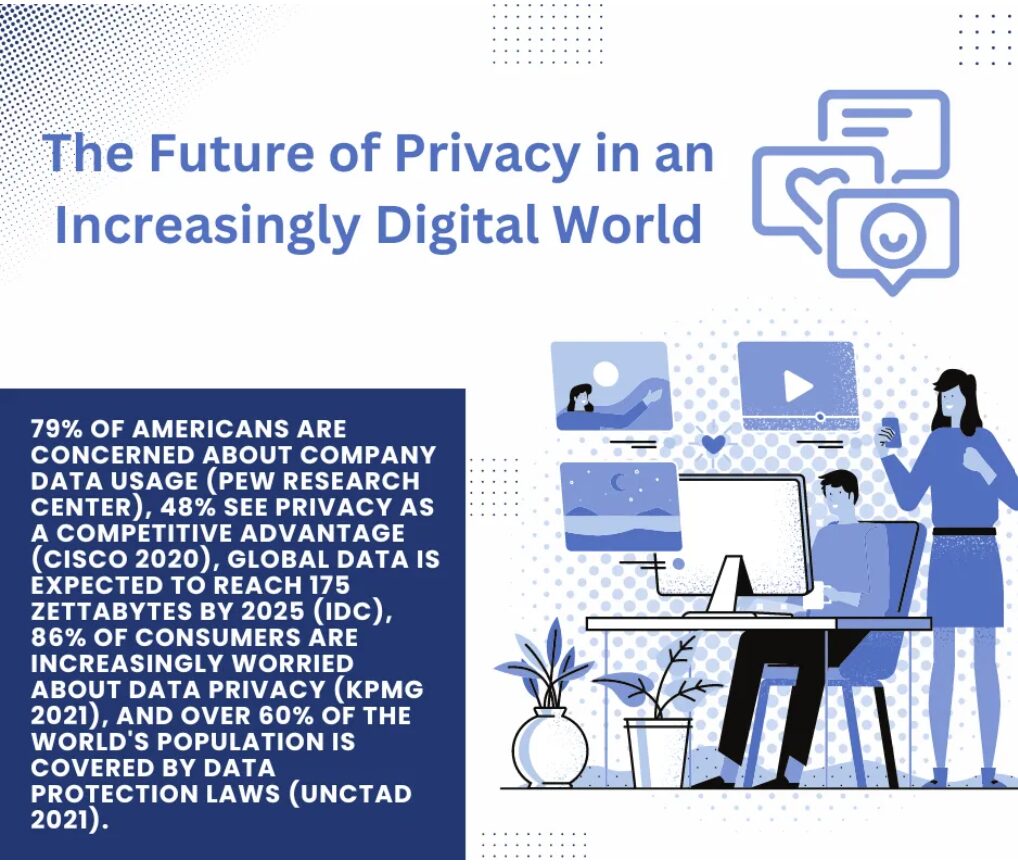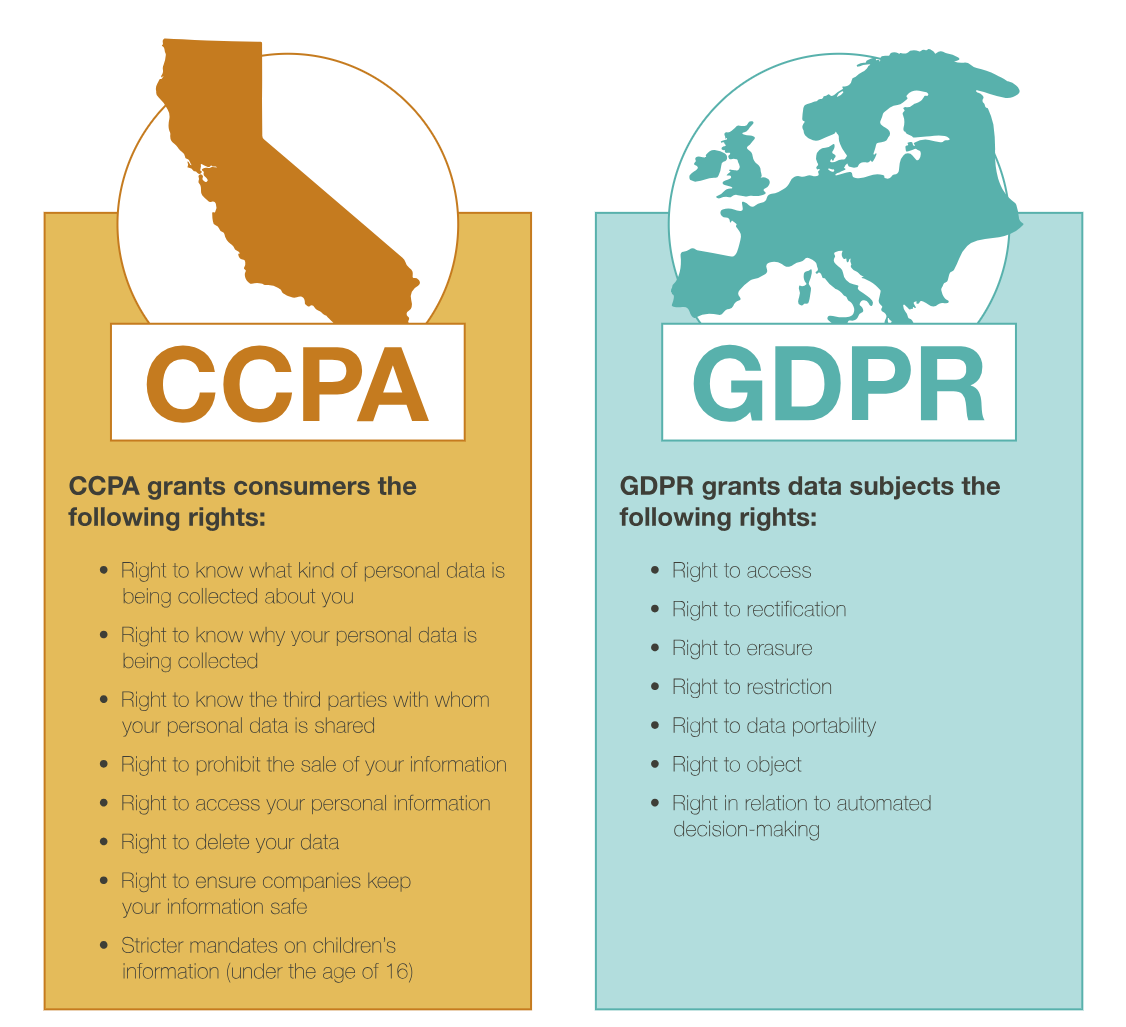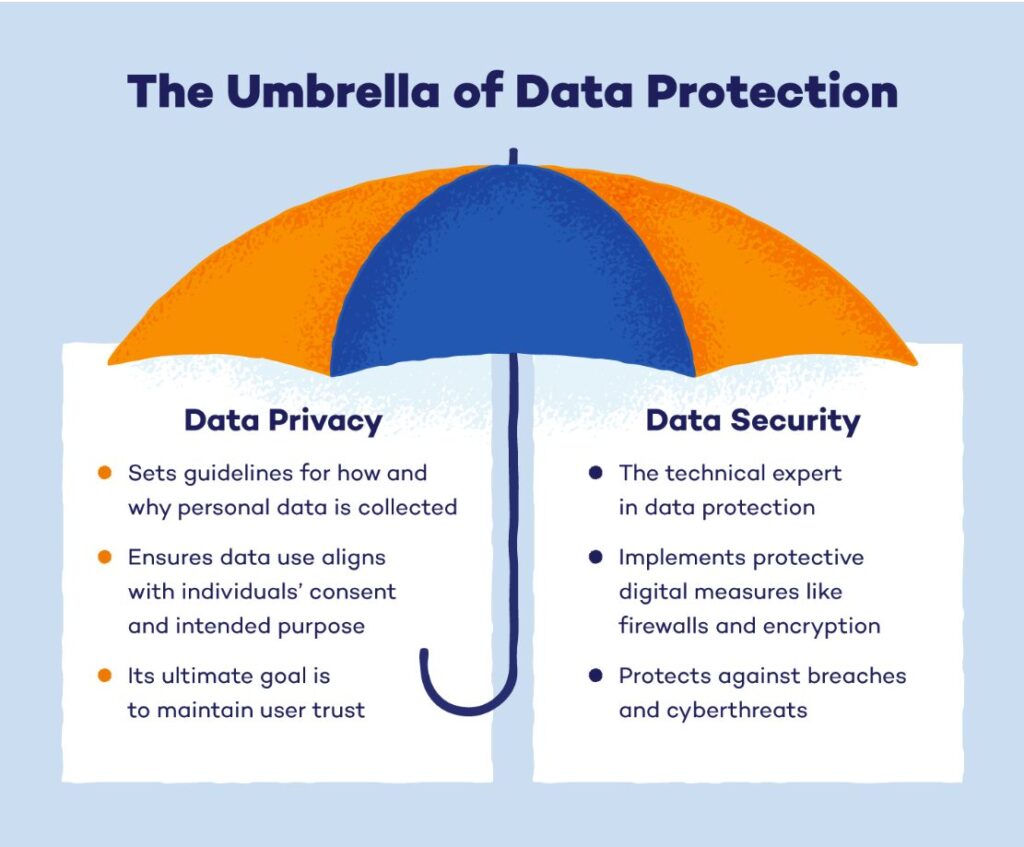
IV. The Ethical Dilemmas
The compromising of personal data on social media platforms raises a host of ethical questions. At the heart of these dilemmas is the tension between the benefits of data collection and the potential harms that arise when data is compromised.
1. Informed Consent
One of the most significant ethical dilemmas is the issue of informed consent. Social media platforms often collect data without fully informing users of the extent to which their data will be used and shared. This lack of transparency raises questions about whether users can truly give informed consent to the collection and use of their data.
Moreover, even when users are informed about data collection practices, the complexity of these practices can make it difficult for them to fully understand the implications of consenting to the use of their data. This raises questions about the ethics of collecting data from individuals who may not fully understand what they are consenting to.
2. Data Ownership
Another ethical dilemma is the question of data ownership. Social media platforms often treat user data as their property, using it for a variety of purposes, including targeted advertising and algorithmic decision-making. However, this raises questions about whether individuals should have more control over their data and whether they should be compensated for its use.
The issue of data ownership is particularly relevant in the context of data breaches and other forms of data compromise. When data is compromised, individuals often have little recourse, even though their personal information has been exposed. This raises questions about the responsibilities of social media platforms to protect user data and the rights of individuals to control their data.
3.Algorithmic Bias
The use of algorithms to process and analyze user data also raises ethical concerns. Algorithms are often used to make decisions about what content users see, who they connect with, and even what ads they are shown. However, these algorithms can be biased, leading to discriminatory outcomes.
For example, algorithms that are used to target ads may inadvertently reinforce existing biases, such as showing higher-paying job ads to men rather than women. Moreover, algorithms that are used to recommend content may create echo chambers, where users are only exposed to information that reinforces their existing beliefs.
The potential for algorithmic bias raises questions about the ethics of using algorithms to process and analyze user data. It also raises questions about the responsibilities of social media platforms to ensure that their algorithms are fair and unbiased.
V. Regulation and Policy Responses
The growing concerns about the compromising of personal data on social media platforms have led to calls for greater regulation and policy responses. In recent years, governments and regulatory bodies around the world have begun to take action to address the issue.

1. General Data Protection Regulation (GDPR)
One of the most significant regulatory responses to the issue of data compromise is the European Union’s General Data Protection Regulation (GDPR). The GDPR, which came into effect in 2018, is designed to give individuals greater control over their personal data and to hold companies accountable for how they collect, use, and share data.
The GDPR requires companies to obtain explicit consent from users before collecting their data and to provide users with clear and concise information about how their data will be used. It also gives users the right to access their data, request its deletion, and withdraw their consent at any time.
The GDPR has had a significant impact on how social media platforms operate, particularly in Europe. However, it has also raised questions about the effectiveness of regulation in addressing the issue of data compromise. Critics argue that the GDPR places too much emphasis on individual consent and does not do enough to address the broader structural issues that contribute to data compromise.
2. California Consumer Privacy Act (CCPA)
In the United States, the California Consumer Privacy Act (CCPA) represents a significant step towards greater regulation of data privacy. The CCPA, which came into effect in 2020, gives California residents the right to know what personal data is being collected about them, the right to request the deletion of their data, and the right to opt-out of the sale of their data.
The CCPA is similar to the GDPR in many respects, but it also includes provisions that are unique to the U.S. context. For example, the CCPA includes specific requirements for businesses that sell personal data, including the requirement to provide an opt-out mechanism for consumers.
The CCPA has had a significant impact on how social media platforms operate in the U.S., particularly in California. However, like the GDPR, it has also raised questions about the effectiveness of regulation in addressing the issue of data compromise. Critics argue that the CCPA places too much emphasis on individual rights and does not do enough to address the broader structural issues that contribute to data compromise.
3. The Role of Self-Regulation
In addition to government regulation, there is also the question of self-regulation by social media platforms. Many social media companies have taken steps to improve their dataprivacy practices in response to growing concerns about data compromise. For example, Facebook has implemented a number of changes to its platform in the wake of the Cambridge Analytica scandal, including making it easier for users to manage their privacy settings and limiting the data that third-party apps can access.
However, there is also skepticism about the effectiveness of self-regulation in addressing the issue of data compromise. Critics argue that social media platforms have a vested interest in collecting and using user data and that self-regulation is unlikely to address the root causes of data compromise.
VI. The Future of Data Privacy on Social Media
As we look to the future, it is clear that the issue of data compromise on social media platforms will continue to be a significant challenge. The rapid pace of technological change, combined with the growing sophistication of data collection and analysis techniques, means that the potential for data compromise is likely to increase in the coming years.
At the same time, there is also the potential for new technologies to address the issue of data compromise. For example, advances in encryption and anonymization techniques could make it more difficult for malicious actors to access personal data. Similarly, new approaches to data governance, such as data trusts, could give individuals greater control over their data and how it is used.
However, the future of data privacy on social media is also likely to be shaped by broader societal trends. The growing concern about data privacy, combined with the increasing importance of digital platforms in our daily lives, means that there is likely to be greater demand for regulation and oversight of social media platforms.
At the same time, the continued growth of social media platforms and the increasing reliance on data-driven technologies means that there is also likely to be significant resistance to regulation. Social media companies, which have built their business models on the collection and use of user data, are likely to push back against efforts to limit their ability to collect and use data.
Ultimately, the future of data privacy on social media is likely to be shaped by the ongoing tension between the benefits of data collection and the potential harms that arise when data is compromised. As we navigate this complex landscape, it will be essential to find a balance that protects individual privacy while allowing for the continued innovation and growth of digital platforms.

VII. Conclusion
The compromising of personal data on social media platforms is a multifaceted issue with significant implications for individuals and society as a whole. As social media platforms have become more central to our lives, the ways in which they collect and use data have become increasingly sophisticated, raising concerns about privacy, security, and the ethical use of data.
While there have been significant efforts to address the issue through regulation and self-regulation, the challenges of data compromise are likely to persist in the coming years. As we look to the future, it will be essential to continue to grapple with the ethical dilemmas and societal implications of data collection on social media and to find ways to protect individual privacy while allowing for the continued growth and innovation of digital platforms. The path forward will require a nuanced approach that balances the benefits of data collection with the need to protect individual privacy and security. It will also require ongoing vigilance and engagement from all stakeholders – governments, social media platforms, and users alike – to ensure that the digital world remains a place where personal data is respected and protected.








